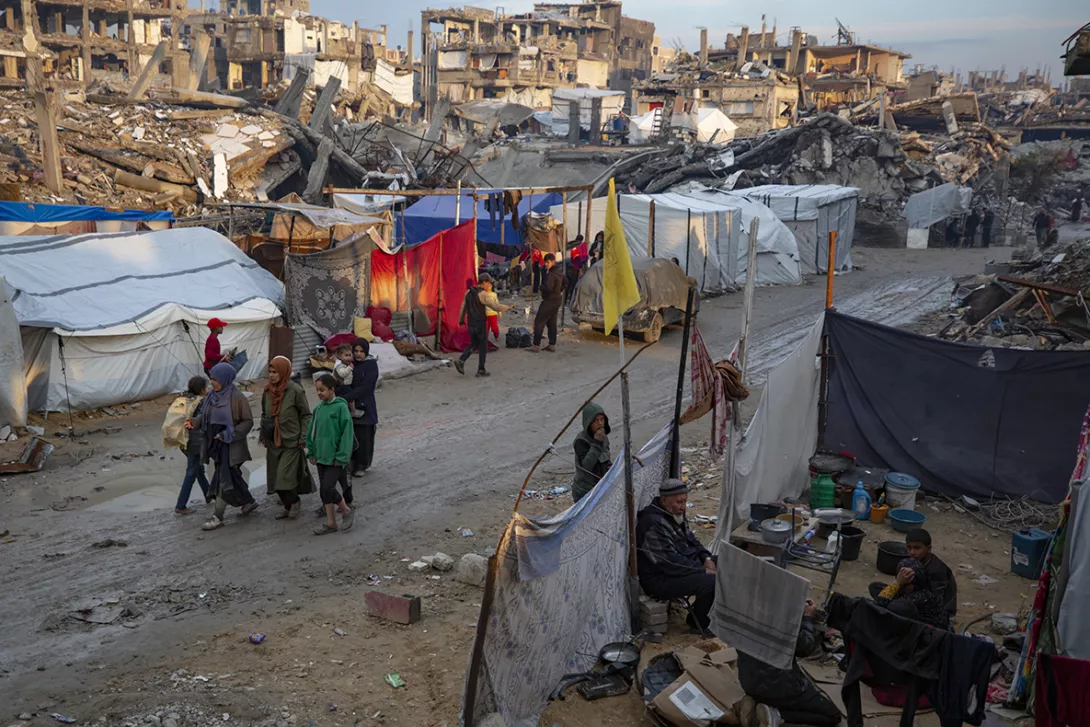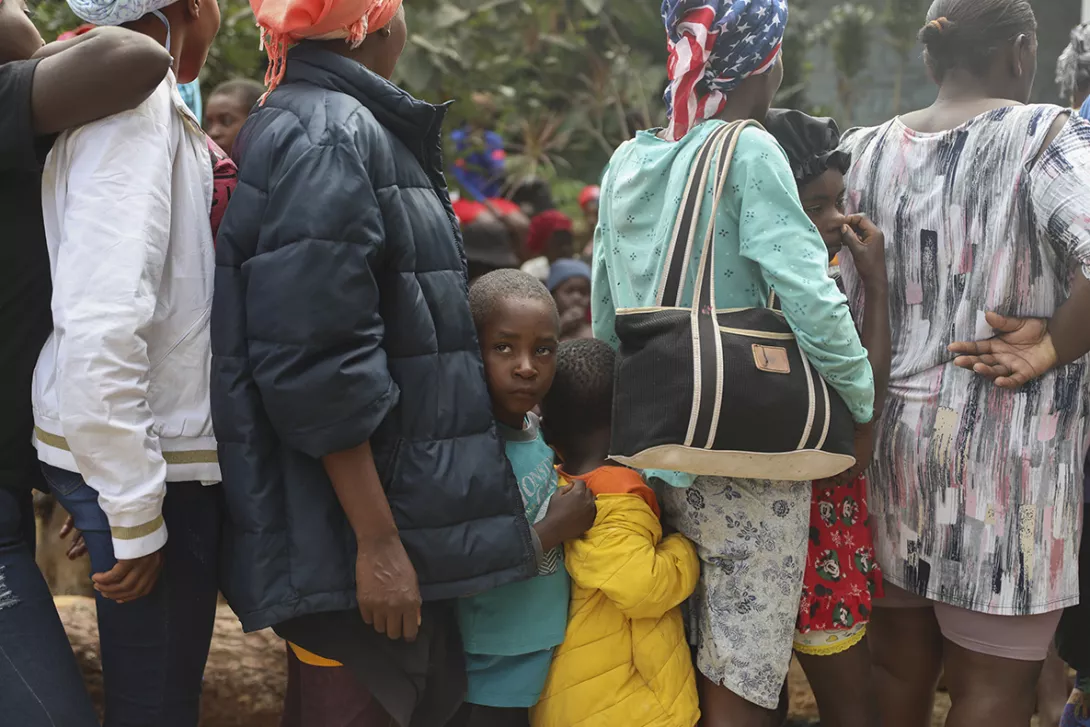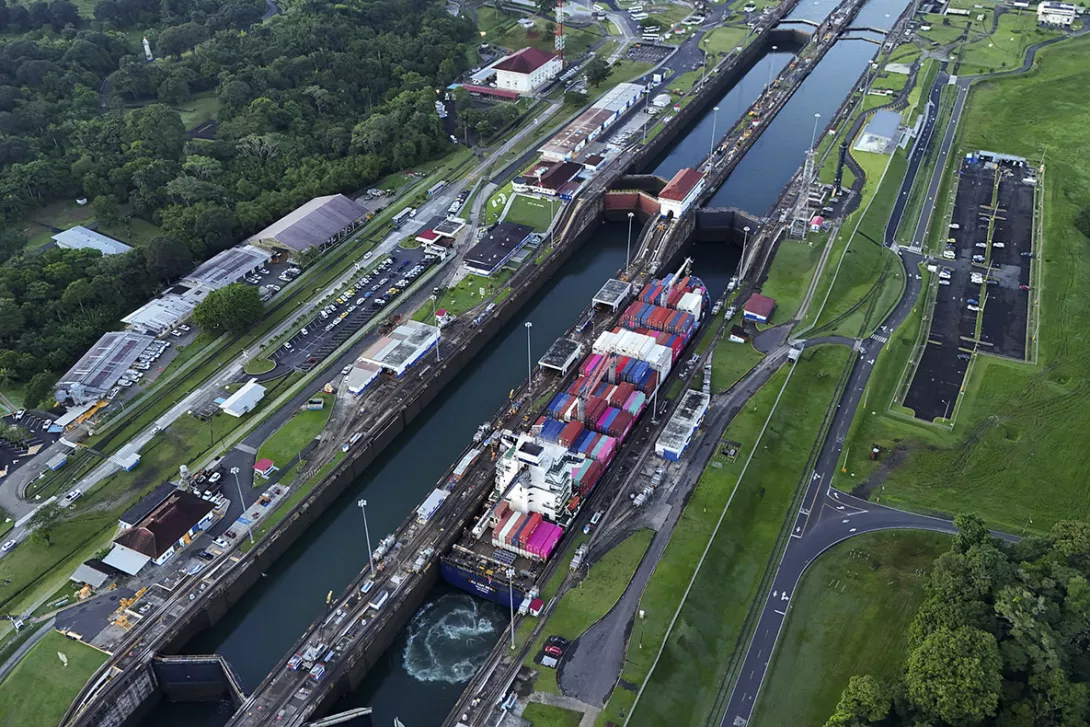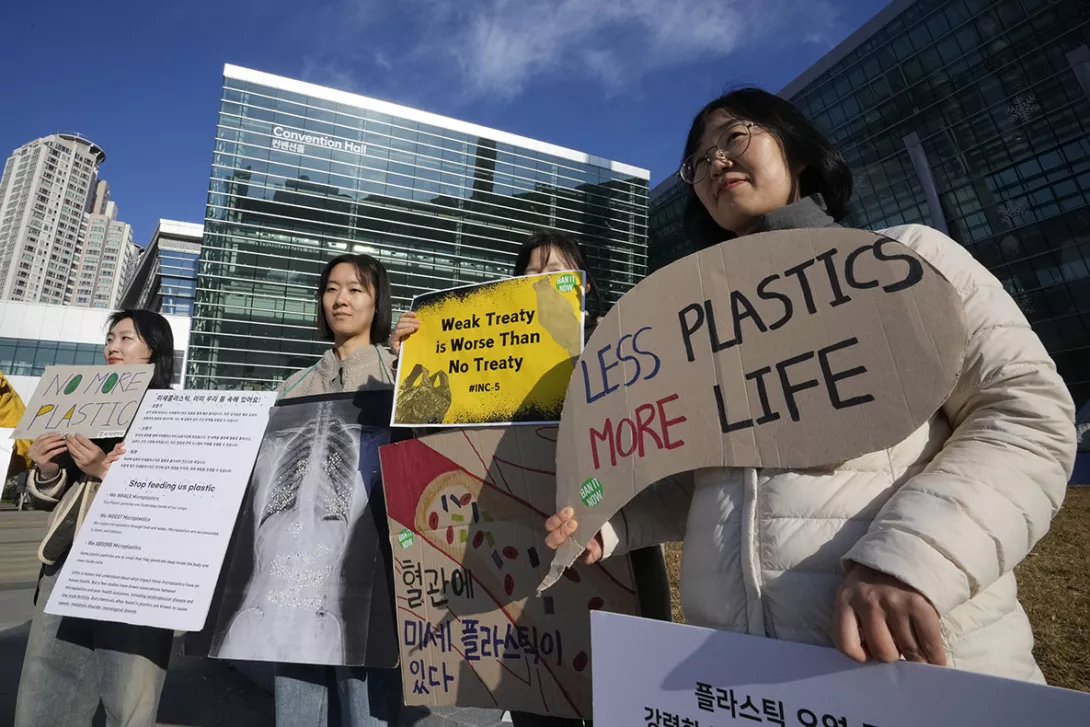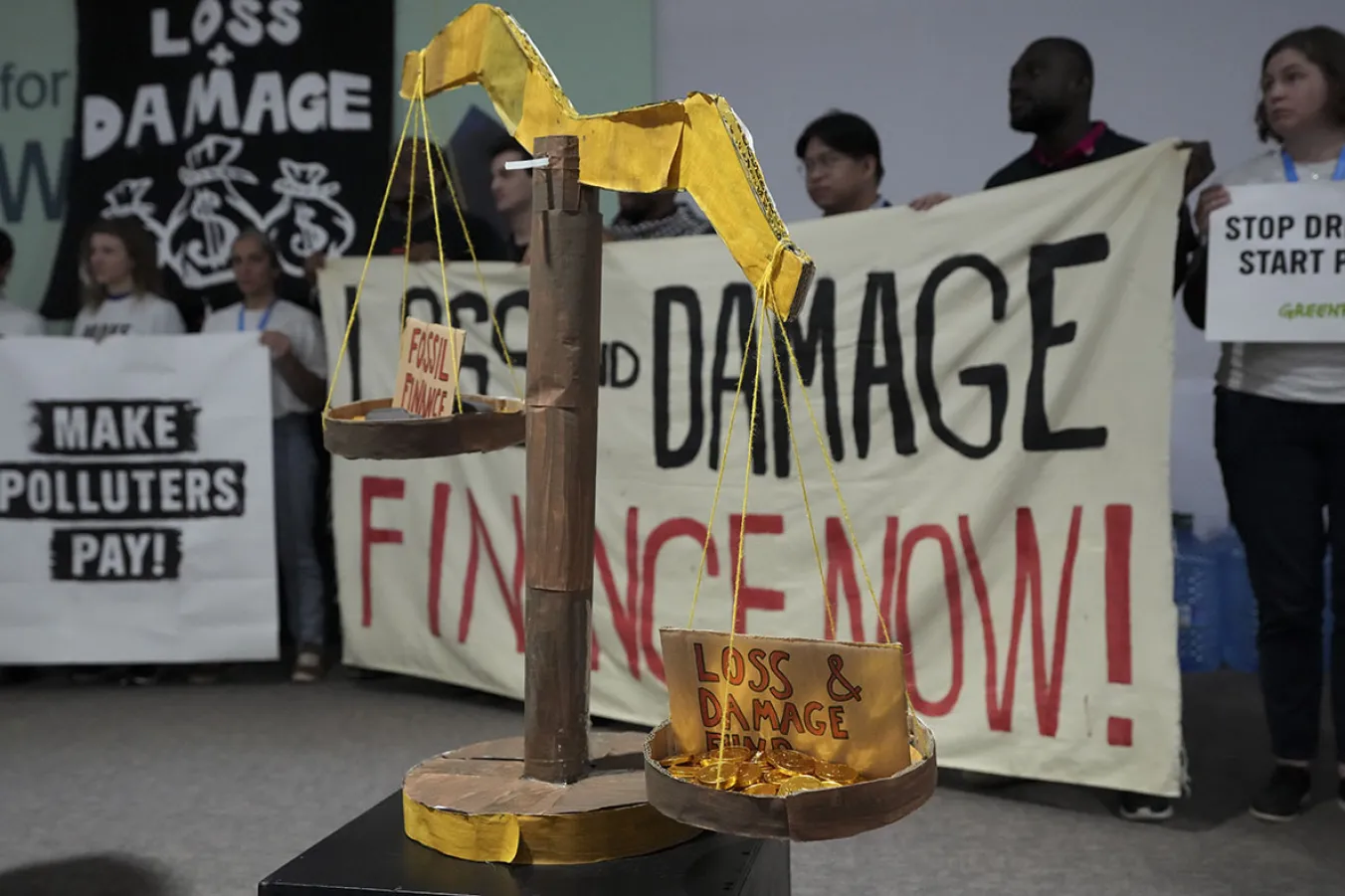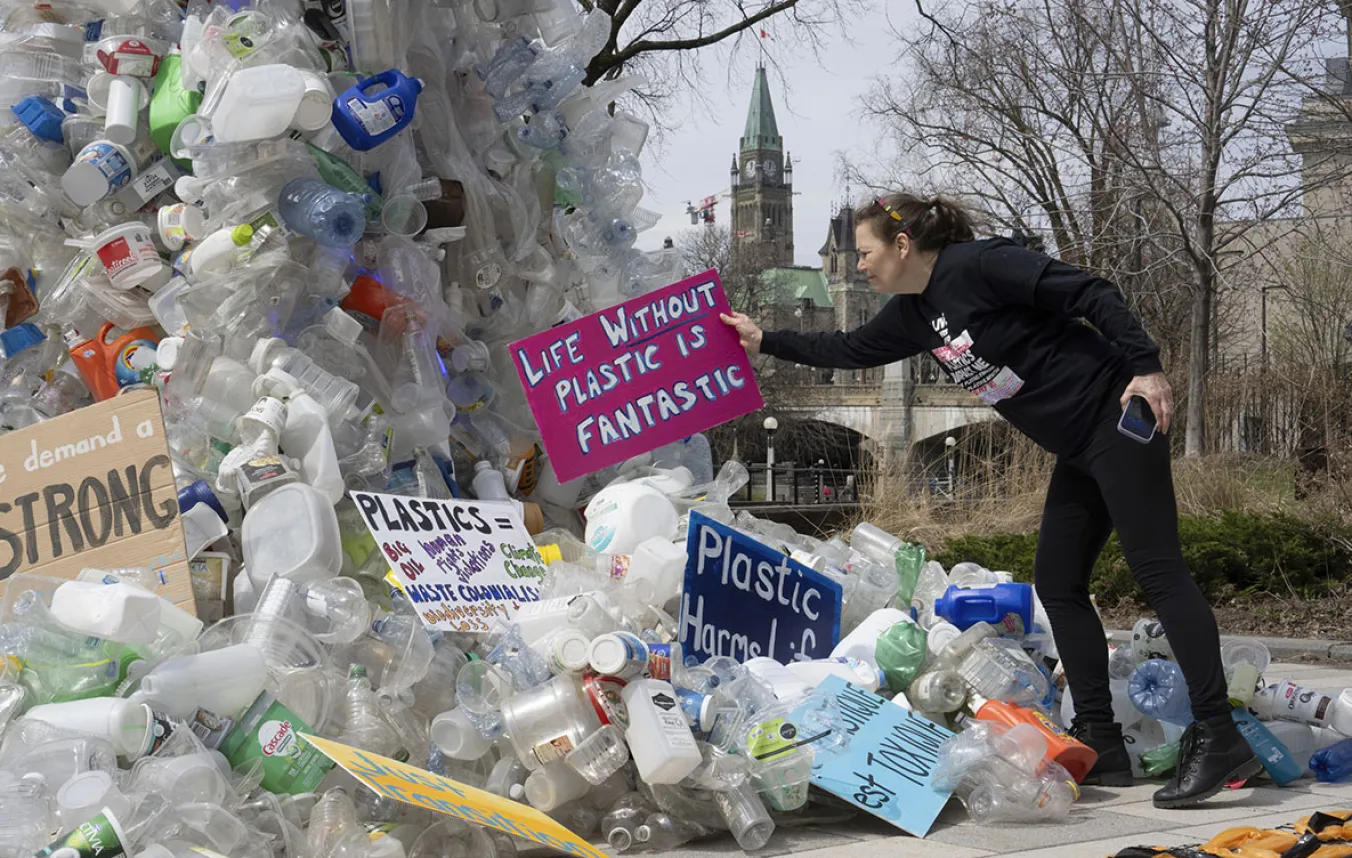Negotiators inch closer to treaty on plastics pollution
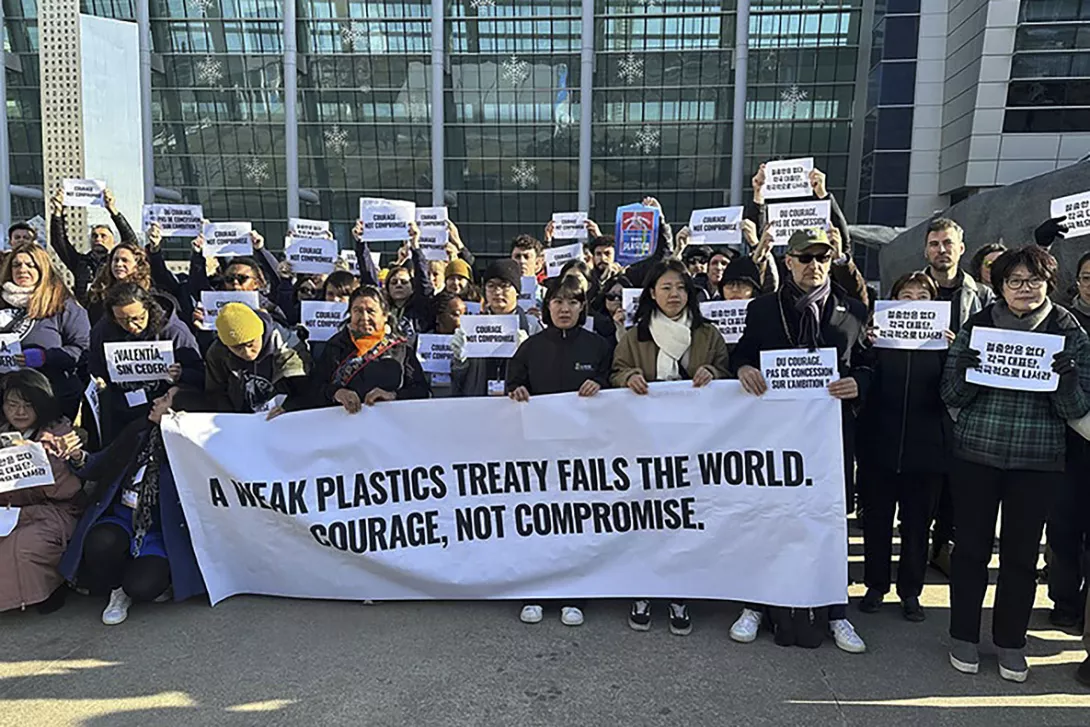
NEGOTIATORS working on a treaty to address the global crisis of plastic pollution inched closer to an agreement today, with more countries saying they want to address the total amount of plastic on Earth.
The most contentious issue is whether there will be a limit on the amount of plastic that companies are allowed to produce.
Panama proposed text for the treaty to address plastic production on Thursday.
More from this author

ROGER McKENZIE looks back 60 years to the assassination of Malcolm X, whose message that black people have worth resonated so strongly with him growing up in Walsall in the 1980s
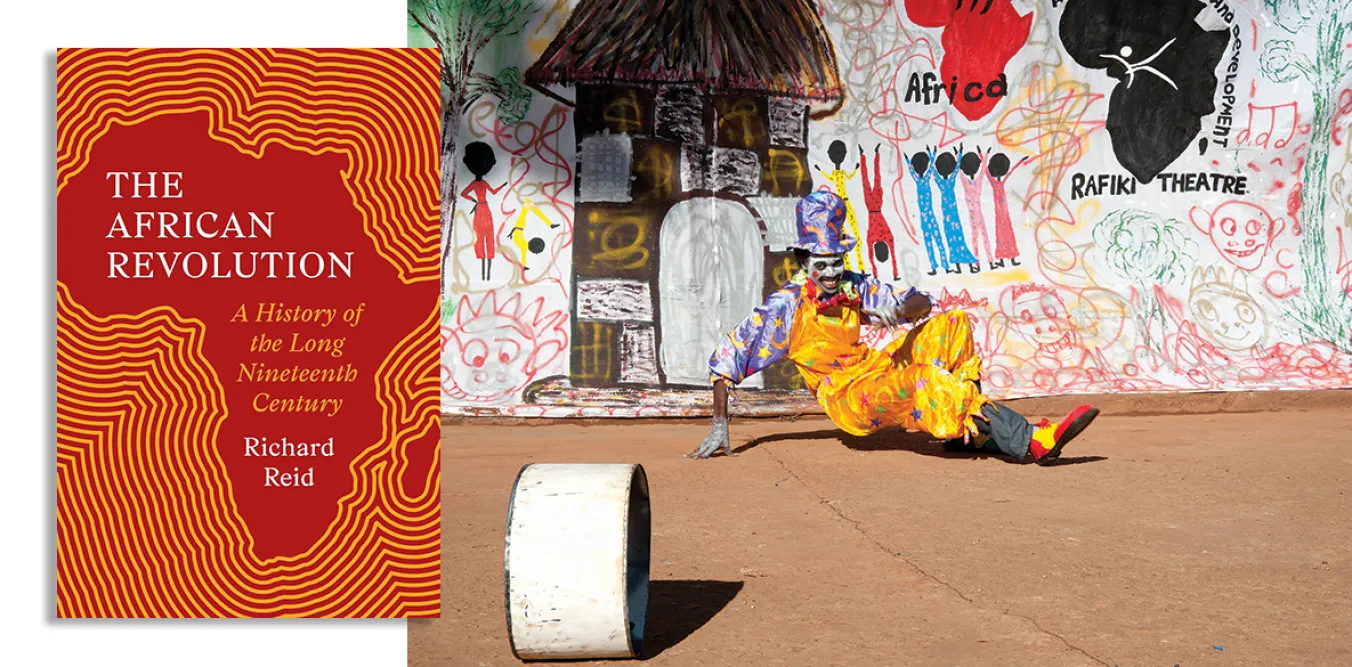
ROGER McKENZIE welcomes an important contribution to the history of Africa, telling the story in its own right rather than in relation to Europeans










